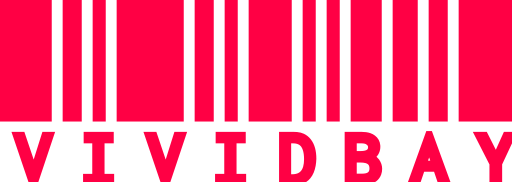Samsung, a global tech giant, has made significant strides in the smartphone market with its innovative hardware and software. Yet, one area they have not ventured into is the desktop operating system (OS space). Imagine if Samsung decided to develop its own desktop OS. This could potentially transform the tech landscape, enhancing their ecosystem and offering users a more integrated experience. Here’s a deep dive into how they could achieve this and the potential pros and cons.
Creating a Samsung Desktop OS
To develop its own desktop OS, Samsung could start by creating a closed Linux distribution. Linux, known for its versatility and robustness, has been successfully adopted in various forms. For instance, the Steam Deck, a portable gaming device, runs on a custom Linux-based OS, showcasing Linux’s potential in diverse applications.
The Rise and Utility of Linux
Linux has grown in popularity over the years, being the backbone of many servers and devices. It’s favored for its stability, security, and open-source nature. Despite a long-standing stigma of being user-unfriendly, modern Linux distributions have become significantly more accessible. Distributions like Ubuntu and Fedora offer user-friendly interfaces and extensive app stores, making Linux a viable option for both casual and power users.
Linux’s strengths include:
- Gaming: With platforms like Steam offering thousands of games compatible with Linux, the gaming scene has improved dramatically.
- App Variety: The availability of apps through various stores and repositories means users have a wide selection to choose from.
- Compatibility: Tools like Wine and Proton enhance compatibility with Windows applications, broadening the range of usable software.
Business Rationale
From a business perspective, creating a desktop OS could seem redundant when Windows already integrates well with Samsung devices. However, owning an OS could give Samsung unprecedented control over the user experience and device interoperability.
Advantages of a Samsung Desktop OS
- Unified Aesthetic and Design: Samsung could create a seamless user interface (UI) that aligns with their One UI, ensuring a cohesive experience across all devices, similar to Apple’s macOS and iOS integration.
- Hardware-Software Synergy: By controlling both hardware and software, Samsung could optimize performance and efficiency, enhancing the overall user experience.
- Enhanced Ecosystem: A custom OS could offer tighter integration between Samsung devices, making data sharing and connectivity more fluid.
- Familiarity for Users: Existing Samsung users would find the transition smoother, thanks to the consistent UI and feature set.
- Customer Retention: A proprietary OS could lock users into the Samsung ecosystem more effectively, reducing the likelihood of switching to competitors.
Challenges and Potential Drawbacks
- Risk of Failure: Developing a new OS is a massive investment, and there’s always a risk it might not gain traction.
- App Ecosystem: A new OS could face a shortage of apps, making it less appealing compared to established OSs like Windows and macOS.
- Linux Stigma: Despite improvements, some users still perceive Linux as complex and intimidating.
- High Costs: Creating and refining a desktop OS requires substantial financial resources and time.
- Developer Support: Convincing developers to create or port applications to a new OS can be challenging.
- Market Saturation: Entering a mature market dominated by Windows and macOS might be too late.
- Opportunity Cost: The resources spent on developing a new OS could be used for other innovative projects.
In Summary
While a Samsung desktop OS presents exciting possibilities, it also comes with significant risks and challenges. If executed well, it could offer a more unified and optimized experience for Samsung users, potentially competing with giants like macOS and Windows. However, Samsung must carefully weigh the benefits against the potential pitfalls and market realities before embarking on such an ambitious project.
Disclosure: Vividbay is a participant in the Amazon Associates Program. We may earn a commission from qualifying purchases.







